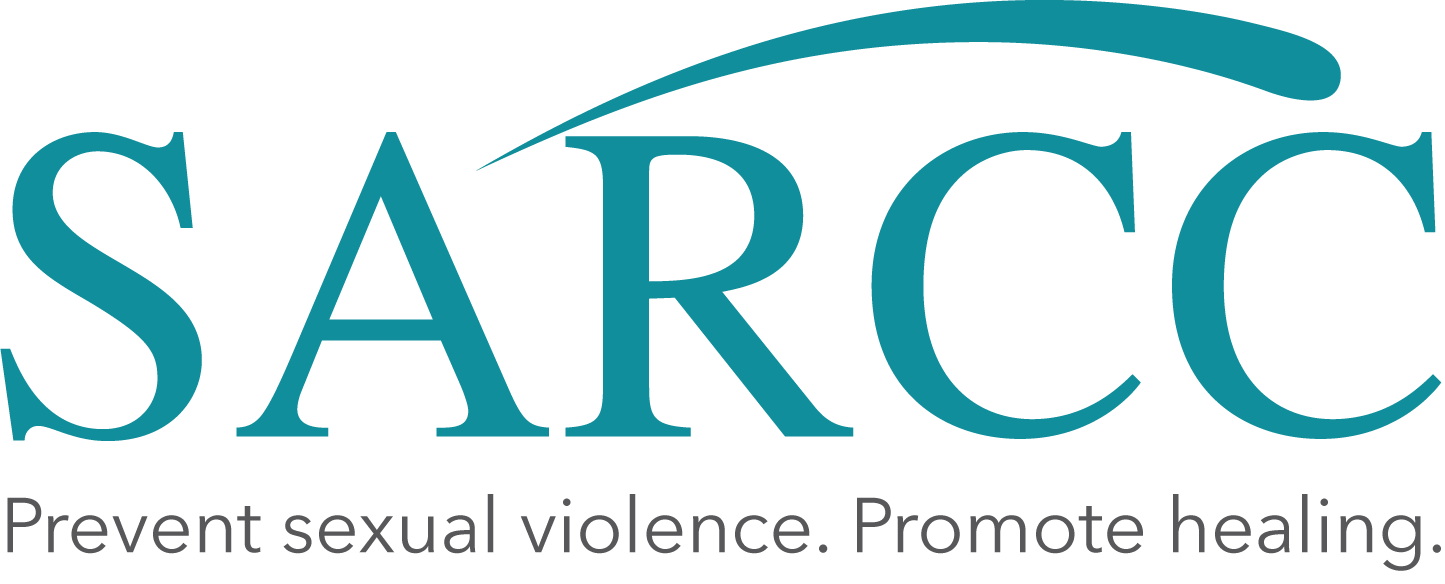Wednesday, April 24, 2024 marks the 25th anniversary of Denim Day. You may have worn jeans on a random because you read about it in an office memo or an announcement at school, but what is Denim Day, and how does it support survivors of sexual violence?
The origin of Denim Day started in Italy. An 18 year old woman was brutally raped by her driving instructor on an isolated road. Despite being threatened if she told someone, she told her parents, who supported her. Her driving instructor was charged and convicted of rape.
The offender appealed his sentence. After a series of appeals, the courts made the decision to overturn and dismiss charges against the perpetrator. The chief judge of the Italian Supreme Court at the time stated, “because the victim wore very, very tight jeans, she had to help him remove them, and by removing the jeans it was no longer rape but consensual sex.”
It didn’t take long for women in Italy to be infuriated by the court decision, and parliament members protested by wearing jeans to work. The movement spread to the California state legislators and the first Denim Day happened in Los Angeles in April 1999. Denim Day is now celebrated worldwide in April, which is Sexual Assault Awareness Month (SAAM), as a way to show support for survivors.
While the movement centers around the symbolism of a court system stating that tight jeans being removed must mean consent was given, it also goes beyond wearing jeans. It’s about calling out society for justifying violent actions. It’s about challenging our willingness to live on excuses. It’s about saying to survivors, “We see you. We support you.” We wear denim in honor of that Italian survivor and every survivor.
Things you can do:
Wear denim on April 24, 2024, and post on social media using hashtags like #DenimDay and #SAAM
Educate yourself on local sexual violence advocacy services in Pennsylvania.
Follow SARCC on social media to learn more about our efforts to prevent violence and promote healing


